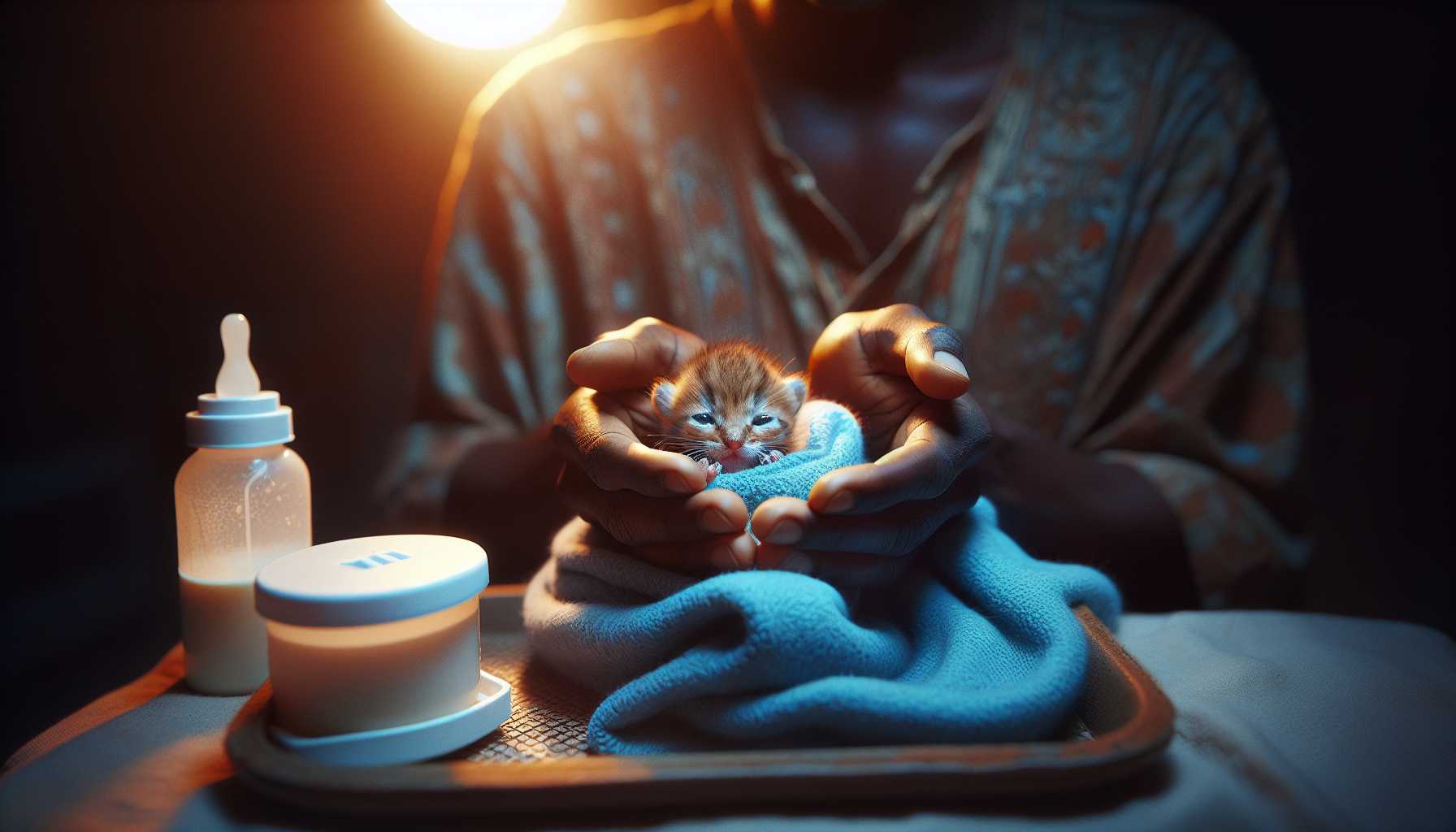Orphaned Kitten Care: Complete Survival Guide

Comprehensive Guide to Caring for Orphaned Kittens
Discovering an orphaned kitten can elicit a mix of emotions, from delight to a sense of being overwhelmed. Don't fret; I'm here to guide you through the process of giving these small, precious creatures the best chance at life. Let's delve into the details of how to care for an orphaned kitten.
Determining Age: The First Step
The first thing to do is to figure out the age of your kitten. Here's what you should look for: - Newborn: Eyes closed, ears folded, umbilical cord might be present - 1 week old: Eyes shut, ears beginning to unfold - 2 weeks old: Eyes starting to open, unsteady movements - 3-4 weeks old: Engaged in play, improved movement coordination - Beyond four weeks: Highly energetic, starting to eat solid food
Setting Up a Secure, Warm Environment
Similar to human infants, kittens aren't equipped to regulate their body temperature. Here's what you need to set up: - A clean box or carrier - Soft blankets or towels - A heating pad set to low (so as not to overheat) - Always ensure there's a cooler area for them to retreat to
Nourishing Your Tiny Companion
Feeding is an essential part of survival: - Refrain from feeding cow's milk - Only provide kitten milk replacer - Newborns need feeding every 2-3 hours - Keep all feeding equipment sterilized - Weigh them daily to observe growth
Fundamental Bathroom Care
Kittens require assistance during toilet times until approximately 3-4 weeks of age: - Warm, damp cotton wool can be used - Casually stimulate before and after feeding time - Clean them properly to avoid infection - It's cause for celebration when they start using the litter tray!
Monitoring Health
Pay close attention to these vital health indicators: - Steady weight gain - Maintaining a warm body temperature - Alertness and good responsiveness - Regular bowel movements - Healthy appetite
When to Consult a Vet
Don't hesitate to consult a vet if you observe the following signs: - Weight loss - Lethargy - Diarrhea - Breathing difficulties - Lack of appetite
Socializing and Affection
The more enjoyable part of kitten care involves: - Handling them gently - Speaking softly to them - Ensuring playtime is safe - A lot of cuddling - Slowly introducing them to other pets
Gradual Shift to Independence
When the kitten is around 4-5 weeks of age: - Introduce wet kitten food - Instruct on litter box use - Facilitate play - Begin the weaning process
Concluding Steps
Between 8-12 weeks of age: - Finish the required vaccinations - Consider spaying/neutering - Get a microchip - If you aren't planning to keep them, seek a permanent home.
Keep in mind, looking after an orphaned kitten can be demanding but it's also immensely rewarding. Each successful rescue makes a small but significant difference in the world. You can do this, and your tiny new friend is worth the effort